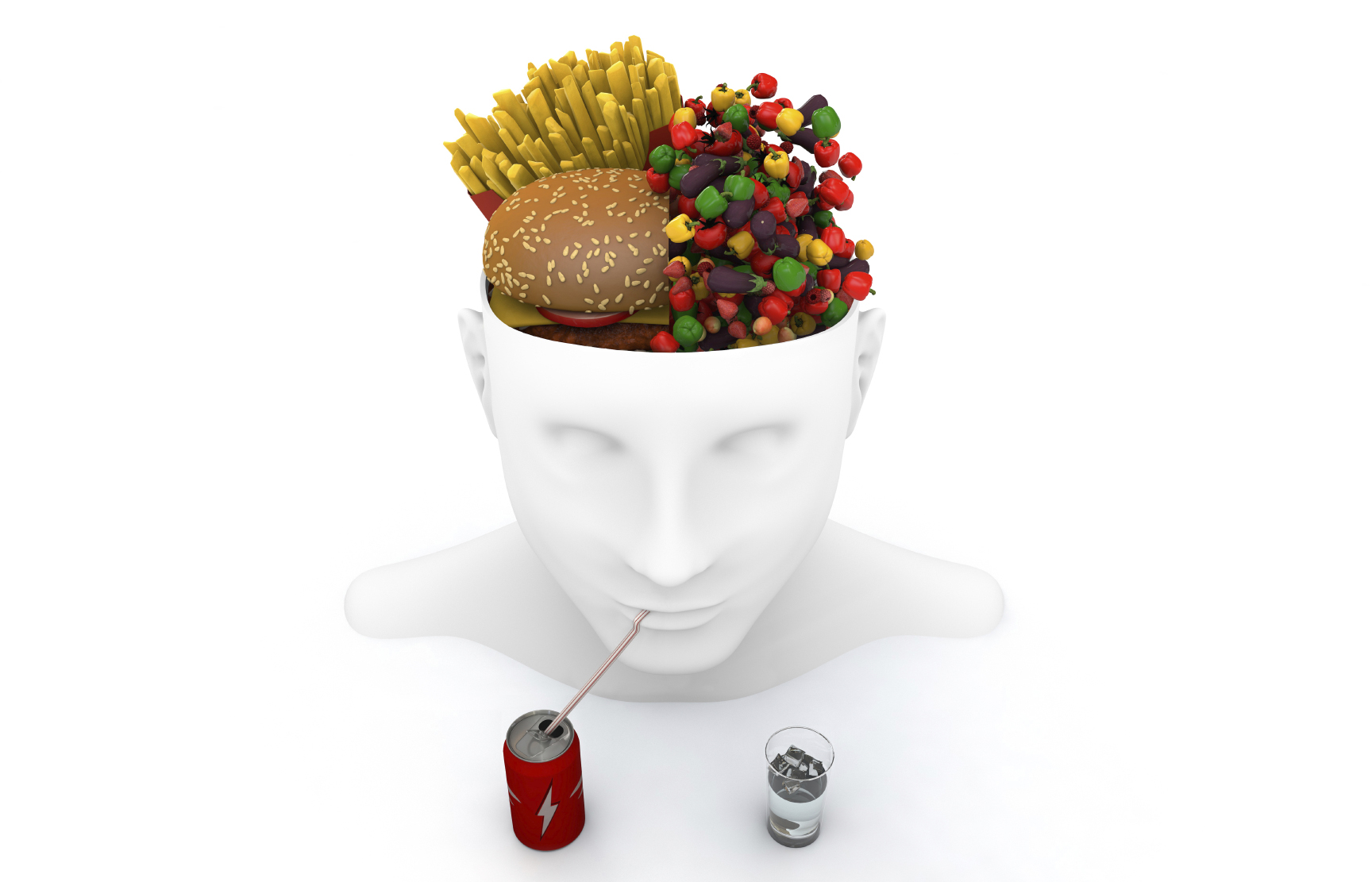Wrap Your Head Around This: Research Reveals ‘Brain Allergies’ Are Real
By Julie E. Williamson
Our bodies aren’t all that’s affected by the introduction of food allergens. The brain, too, can be significantly and adversely affected by a food (or other ingested substance) and provoke a host of psychological, emotional and neurological symptoms, research reveals.
Although the concept of so-called brain allergies is nothing new (doctors and researchers first made the connection between food allergies and brain health in the early 1900s and significant research picked up in the 1950s and continues), it’s nonetheless a phenomenon whose significance is shunned and disputed by many modern mainstream allergists. Personally, I find their disbelief or unwillingness to consider the possibility of food-provoked psychological symptoms both troubling and unfortunate, especially because the “scratch test” many allergists use to test for food allergies measure only one specific immune antibody reaction, and therefore, really doesn’t even begin to scratch the surface of reactive food’s impact on our overall health. In fact, I was shocked to learn that some physicians and clinical ecologists believe the scratch test confirms only a mere 15% of allergies. I have personally experienced many occasions where certain foods significantly affected my mood and overall mental health. Some of these reactions were quite severe, manifesting mere hours after ingesting the offending food(s); in some cases, those symptoms lingered for days.
Bothered by my apparent food-related mental meltdowns (one of which, recently, threw me into a state of both anxiety and depression), I took to the Internet to scour research papers, published literature and study data (as I often do as a journalist and in my role as my own personal wellness advocate). Turns out, my symptoms aren’t all in my head, so to speak.
Research backs the theory
Orthomolecular physicians and clinical ecologists have researched and identified how an IgE antibody reaction can affect the nervous system. In fact, this reaction is measurable and can involve chemicals being released by any or all of the body systems (endocrine, nervous and immunologic). Although a 1980 Science journal article indicated that wheat and other grains appear most problematic, food dyes and chemicals can also impact the brain. Other foods can also pose a problem if a person is allergic or particularly sensitive, and ingests them in high doses or with frequency. In my case, I don’t eat wheat because I’ve been highly allergic to most grains since a small child (the only grain I do eat now – and rarely – is organic corn), but I’ve faced a slew of awful symptoms – from agitation, anxiety and restlessness to brain fog, alternating bouts of extreme sleepiness and insomnia, and bad cases of “the blues”– after eating foods such as chocolate, watermelon, pecans, dairy, tomato sauce, certain wines, and food coloring/dyes (Smarties candies are an almost immediate mood alterer for me, with the ability to transform me from a pleasant, female version of Bruce Banner to the Hulk in a matter of hours). Certain over-the- counter medicines, such as cough syrup/drops or cold or allergy liqui-caps, can also throw my hyper-reactive body into a tizzy, and if I take them for more than a day or two, I can suffer the effects for five days or even longer. As a result, I now stay far away from any dyes/colored foods and substances, including medicinal capsules or liquids (health food stores offer some effective versions without the dyes and other questionable ingredients, thankfully).
My symptoms can be far-reaching, but some researchers report an even broader spectrum of brain allergy-associated symptoms, including compulsion, epilepsy, delirium, disorientation, tremors, hypersensitivity, hysteria, sweating, rapid heartbeat, mania, panic, psychoses, rage, jitteriness, depression, and, in some instances, even schizophrenia. The good news is when the offending foods are eliminated, the body and brain can recover quite quickly. Researchers also referenced numerous cases where long-term depression and/or anxiety sufferers who were determined to be reacting to certain substances were able to stop their prescription medications once those foods/substances were removed from their diet.
Too much of a bad thing
In my case, I’ve found my symptoms worsen when I overdo it on a certain offending food (mostly done by accident because I work hard to steer clear of my known problem foods), or when I mix two or more problematic foods (See my Full Glass Analogy infographic for more information on the dangers of overloading a sensitive system ). Business travel is especially challenging for me because it’s difficult to stick to my normal diet and I’m often left scrambling for the best option (which is usually still not a good one) at airports or nearby markets or restaurants.
If all this isn’t bad enough, when food allergies/intolerance trigger a chemical response in the brain (brain allergy), that can then lead our bodies to seek out more of the offending substance – much like a drug would to an addict. Some foods, in particular, such as chocolate, trip the pleasure centers in our brains that spur a feel-good “reward” reaction within minutes or hours of ingesting. The more we eat, however, the worse we can feel and the longer the negative reactions generally linger. No doubt about it, the long-lasting negative effects far outweigh any initial feelings of comfort.
If you mood is all over the map or you have a child or other family member who fits this bill, I’d suggest looking into food as a possible culprit. Limiting processed foods/substances and those with artificial ingredients and coloring is wise. The same is true of keeping a diary of all foods and other substances ingested each day and logging mood/behaviors hours and even up to several days later to help pinpoint any culprits.
FOR FURTHER READING
Falita D, Philpott W. Brain Allergies: The Psychonutrient & Magnetic Connections. April 1, 2000.
Cornish T. Mental Illness or Allergy? Exploring Allergy Symptoms: Emotional, Behavioral and Mental. Whole Approach Inc. 2011.
Holford P. Brain Allergies: How Sensitivities to Food and Other Substances Can Effect the Mind. Safe Harbor.
Bienenstock J. Allergy and the Nervous System. June 22, 2012.
Deans E. Wheat and Serious Mental Illness. Psychology Today. Aug. 16, 2011.
Deans E. Is Gluten Causing Your Depression? Psychology Today. Oct. 4, 2014.
Davis W. This is Your Brain on Wheat. Oct. 4, 2011.
Celiac Disease Foundation. Gluten May Cause Depression in People with Non-Celiac Gluten Sensitivity. July 17, 2014.







